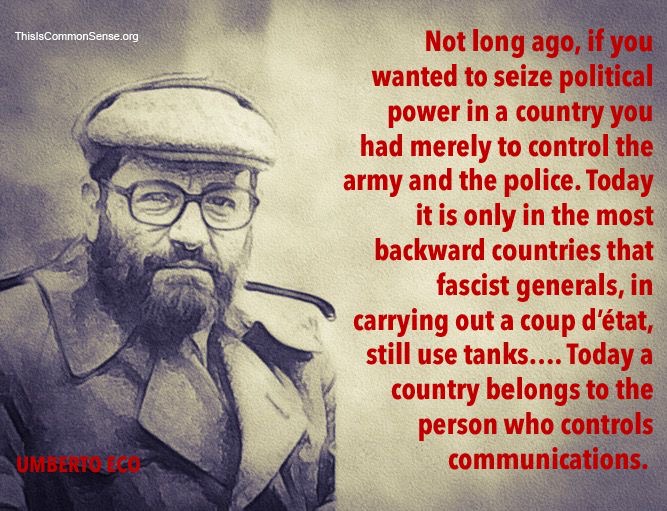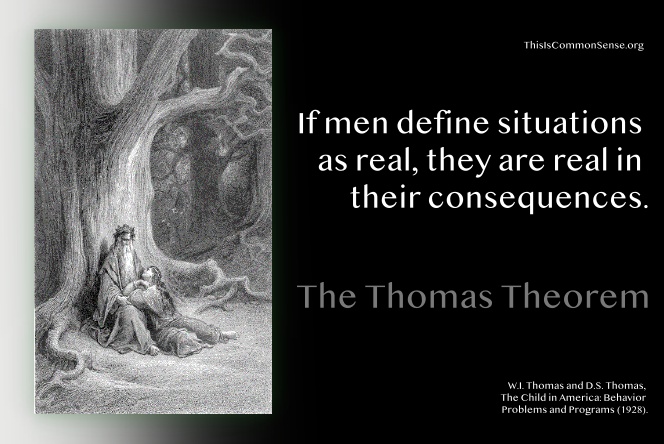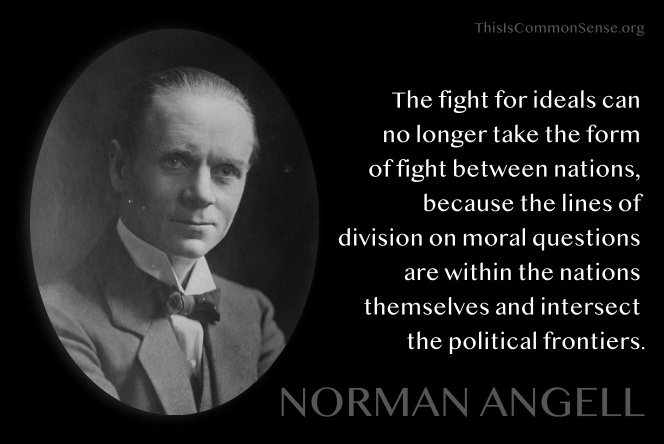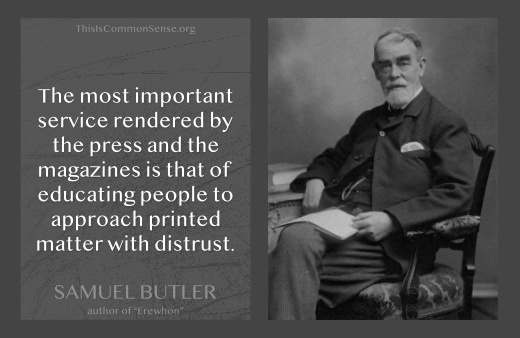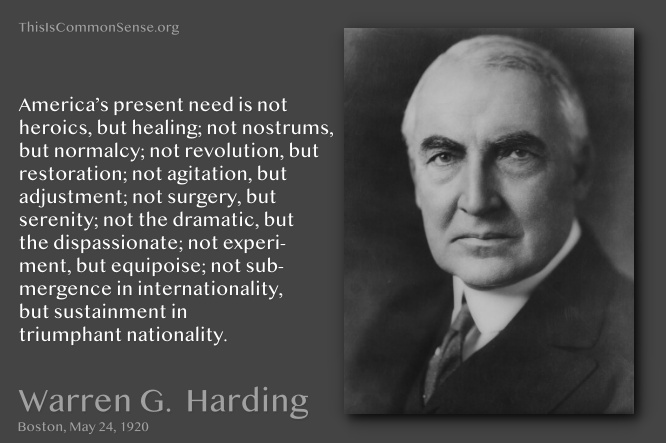How selfish soever man may be supposed, there are evidently some principles in his nature, which interest him in the fortune of others, and render their happiness necessary to him, though he derives nothing from it except the pleasure of seeing it.
Adam Smith, The Theory of Moral Sentiments (1759), opening sentence.
Adam Smith

